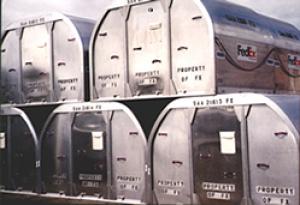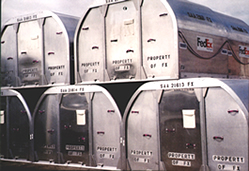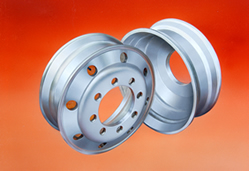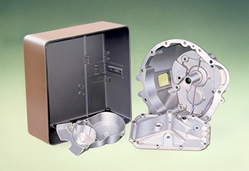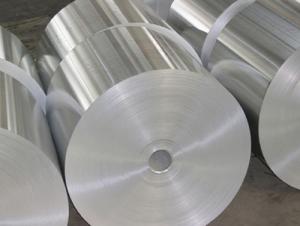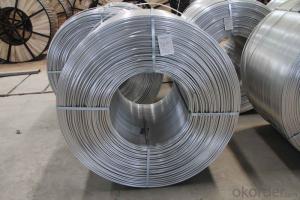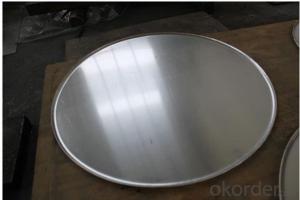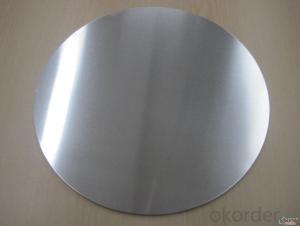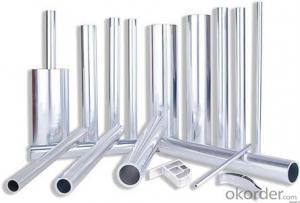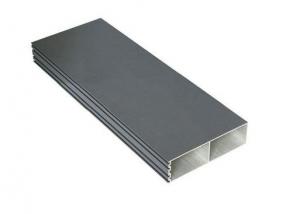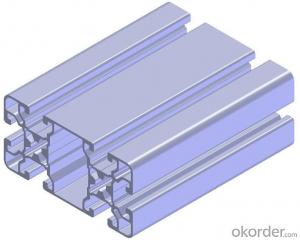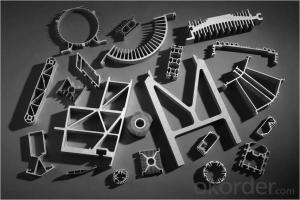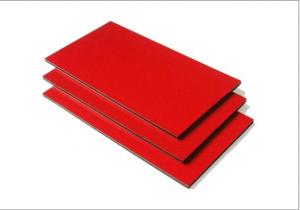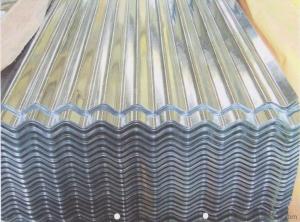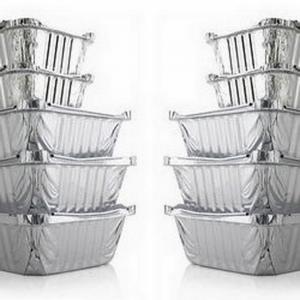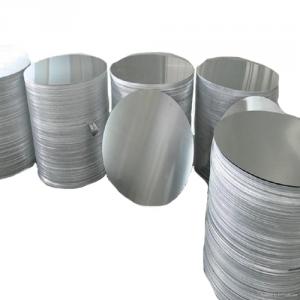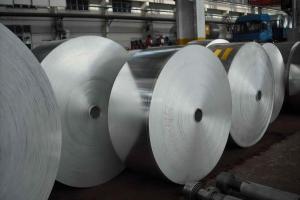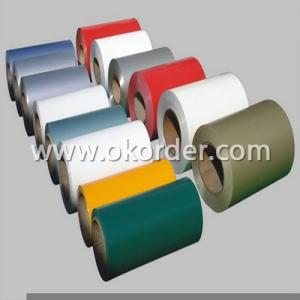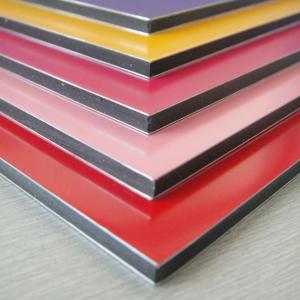Aluminum Communication and Transportation Products
- Loading Port:
- China Main Port
- Payment Terms:
- TT OR LC
- Min Order Qty:
- -
- Supply Capability:
- -
OKorder Service Pledge
OKorder Financial Service
You Might Also Like
Products are widely used for ship deck, navigation instruments and apparatus, plane, automobile, metro, light rail, high speed train for land transportation and parts for vehicles etc.
Among the alloys Al-Mg、Al-Mg-Si series, SWA has effectively resolved the difficult problem of corrosion resistant and weldable, and acquired the approvals both from China Ship’s Classification Society and Lloyd's Register of Shipping, U.K, large quantities of our products of plates, profiles, tubes etc are used for shell of high-speed ship, clapboard, ship deck, navigation instruments and apparatus, naval vessel etc of marine industry.
aluminum products of plates, profiles, tubes, rods and bars, forgings, foils etc of alloys 2xxx、3xxx、5xxx、6xxx、7xxx series are wide-spread applied in automobile, metro, light rail, high speed train for land transportation, which they are mainly used in making the bodywork structuring parts, windows & doors, decorations, shelves, engine components, radiators, claddings, hubs etc. Be Capable of for wide on every side.
The large porous profiles for light rail, metro and high speed train, which were manufactured by the special profiles line starting production on 2001, have filled a vacancy domestically, thus it satisfied the requirement of localization of metro system.
- Q: Is it possible to utilize aluminum as a material for automotive construction?
- <p>Yes, aluminum is commonly used in cars. It is valued for its lightweight properties, which can improve fuel efficiency and reduce emissions. Aluminum is used in various parts of a vehicle, including engine components, body panels, and suspension systems. Its high strength-to-weight ratio and resistance to corrosion make it an ideal material for automotive applications.</p>
- Q: Is it possible to use pure aluminum to create tools and equipment with increased longevity?
- <p>Pure aluminum is not typically used for making tools and equipment that require durability and strength. While it is lightweight and corrosion-resistant, pure aluminum is relatively soft and lacks the strength needed for most tools and equipment. Alloys of aluminum, which combine aluminum with other elements like copper, magnesium, or silicon, are often used instead. These alloys offer improved strength, hardness, and wear resistance, making them more suitable for long-lasting tools and equipment.</p>
- Q: Is it possible to recycle aluminum at home?
- <p>Yes, aluminum can be recycled at home. It's easy to recycle as it's a lightweight, durable, and infinitely recyclable material. Simply clean and flatten aluminum cans, foil, and other aluminum products before placing them in your recycling bin. However, not all home recycling programs accept all types of aluminum, so check with your local recycling center for specific guidelines.</p>
- Q: This question asks about the methods to guarantee that the aluminum content in products is within safe limits.
- <p>To ensure that products do not contain excessive amounts of aluminum, implement a strict quality control process. This includes sourcing raw materials from suppliers who adhere to strict aluminum content limits, conducting regular testing of products using advanced analytical techniques such as Inductively Coupled Plasma Mass Spectrometry (ICP-MS) or Atomic Absorption Spectroscopy (AAS). Establishing and following Good Manufacturing Practices (GMP) is crucial, along with continuous monitoring and improvement of production processes. Additionally, staying updated with regulatory guidelines and setting internal limits that are below the legal maximum levels can help maintain safety and compliance.</p>
- Q: Is it possible to utilize aluminum in car manufacturing to enhance fuel efficiency?
- <p>Yes, using aluminum in car manufacturing can contribute to increased fuel efficiency. Aluminum is lighter than traditional steel, which can reduce the overall weight of a vehicle. A lighter car requires less energy to move, which can lead to better fuel economy. Additionally, aluminum has good strength-to-weight ratio, allowing for a strong yet lighter structure. However, it's important to note that while aluminum can enhance fuel efficiency, it also has higher manufacturing costs and may not be as recyclable as steel.</p>
- Q: This question asks for common uses of aluminum in everyday life.
- <p>Aluminum is widely used in daily life due to its lightweight, corrosion resistance, and affordability. Some applications include: 1) Food and beverage cans for preserving food and drinks. 2) Aluminum foil used for cooking and food storage. 3) Construction materials, such as window frames and roofing. 4) In transportation, like car parts and airplane components to reduce weight. 5) Electrical wiring due to its high conductivity. 6) Household items like pots and pans, and furniture. 7) Packaging materials for various products. 8) In sports equipment like bicycle frames and tennis rackets. These applications highlight aluminum's versatility and importance in everyday life.</p>
- Q: This question asks for examples of alloys that include aluminum as a primary component.
- <p>Aluminum is a versatile metal that forms several common alloys used in various industries. Some of the most common aluminum alloys include: 1. 1000 series, which is pure aluminum with a high percentage of aluminum content. 2. 2000 series, known for their strength due to copper content. 3. 3000 series, which are non-heat-treatable alloys with good formability and are rich in manganese. 4. 5000 series, characterized by their magnesium content, making them strong and resistant to corrosion. 5. 6000 series, which are heat-treatable and contain silicon and magnesium, offering good mechanical properties. 6. 7000 series, the strongest aluminum alloys, containing zinc as the primary alloying element. These alloys are widely used in aerospace, automotive, construction, and other industries due to their lightweight and strength.</p>
- Q: Is it safe and common to use aluminum in food packaging?
- <p>Yes, aluminum is commonly used in food packaging due to its lightweight, durability, and excellent barrier properties against light, oxygen, and moisture. It is often used in the form of aluminum foil and aluminum-coated films or laminates to protect food and extend its shelf life. However, there are concerns about the potential health risks of aluminum exposure, and it's important to note that regulations and guidelines exist to ensure that aluminum levels in food packaging are safe for consumers.</p>
- Q: What are the ecological effects and consequences of producing aluminum?
- <p>The environmental impact of aluminum production is significant and multifaceted. It involves high energy consumption, primarily from the electricity needed for the electrolytic process to extract aluminum from bauxite. This contributes to greenhouse gas emissions, particularly if the electricity is generated from fossil fuels. The process also generates hazardous waste, such as red mud, which contains heavy metals and can pollute water sources if not properly managed. Additionally, deforestation and habitat destruction occur due to bauxite mining, affecting biodiversity. Lastly, aluminum production contributes to air pollution with the release of particulates and other pollutants.</p>
- Q: This question inquires about the potential differences in cooking performance when using various types of aluminum foil.
- <p>Yes, there are differences in cooking performance between different types of aluminum foil. The thickness of the foil can affect heat distribution and cooking time; heavier gauges are more durable and better for roasting and baking, while thinner foils are suitable for lining pans or wrapping foods. The quality of the foil, such as whether it's non-stick or not, can impact food release and cleanup. Additionally, some aluminum foils are designed to be heat resistant up to higher temperatures, making them suitable for broiling or grilling, while others may not withstand such high heat. It's important to use the appropriate type of aluminum foil for the specific cooking method to ensure food safety and optimal results.</p>
Send your message to us
Aluminum Communication and Transportation Products
- Loading Port:
- China Main Port
- Payment Terms:
- TT OR LC
- Min Order Qty:
- -
- Supply Capability:
- -
OKorder Service Pledge
OKorder Financial Service
Similar products
Hot products
Hot Searches
